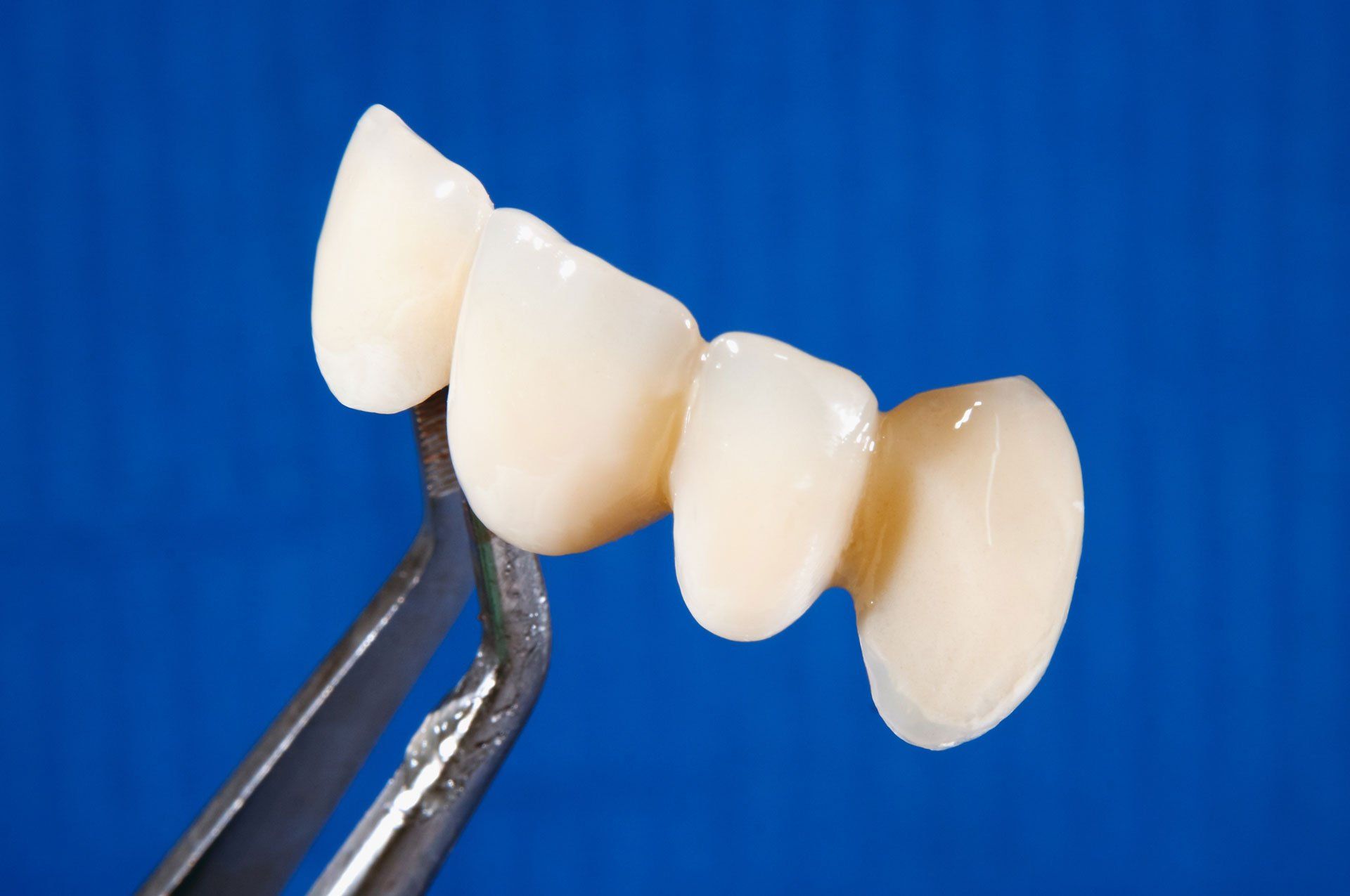Denture Repairs: Why You Need Them and What Types Are Available
Dentures usually last a few years, but you may experience hitches or body changes that call for repair. You may experience facial changes that render your current set unideal. In such cases, a denture repair gets you the suitable set for your new look or fixes denture damages. Explore why your dentures may need repair and what two denture repair options are.
Reasons to Repair Your Dentures
Whenever your dentures face damage or make you feel uncomfortable, you do not have to live with this. Instead, contact your dentist to help you with the following issues.
You Cannot Chew or Talk Comfortably
Fit problems can happen when the dentures face tear and wear. As a result, you can experience pain when you bite down on food or notice that your speech is affected. If you can’t chew acceptable denture foods, visit your dentist to determine the best course of action. You will likely receive a realignment to get your dentures back to shape.
Your Teeth Are Broken
Dentures can break if you chew on hard food, exert excess pressure, or accidentally drop your set. You will need a repair to restore the shape and form of the teeth. Do not undertake DIY repairs on your dentures since any errors could compromise the dentures' effectiveness. Let your dentist determine which bond, agent, and method they should use to get your dentures back to shape.
You Have Sore or Sensitive Gums
You may experience some irritation when your first use dentures. However, the pain is manageable and does not linger a long time. If you get blisters, inflammation, irritation, or sores that persist, discontinue use and seek professional help. If you ignore the problem, you predispose your gums to infections and disease.
Types of Denture Repairs
Your dentist usually chooses between two main types of denture repairs. Discover them below.
Denture Reline
Your gums and jaws change as you age or due to other factors like weight loss. As a result, your dentures could loosen, become unstable, and let food particles underneath. A denture reline adds a new material that makes your dentures stick to the supporting tissue. Denture relines come in three forms: temporary, soft, and hard.
Temporary relines protect your gums and only stay on for a few weeks as you heal. After recovery, you will either get a new set of dentures or go for a different type of relining. On the other hand, soft relines are for tender gum tissues. If your gums react to the acrylic that holds the dentures in place, your dentist uses a softer material like rubber or wax.
Hard relines have the most extended expected lifespan — they could stay on for years before the need for another repair arises. Use hard relines if you have a complete set of dentures and your gums are not sensitive. During a hard reline procedure, your dentist uses acrylic to replace the putty between your gums and dentures.
Denture Rebase
During a rebase procedure, the dentist replaces your denture's base acrylic with a new one. The aim is to make your dentures more stable and increase their lifespan. A rebase procedure is ideal if the teeth part of your dentures are still intact, and the problem only lies with the base.
Further, a rebase comes in handy if your dentures have one or more of the problems below:
- You suffer inflammation because the dentures constantly rub against your gum.
- Your denture's base thins out and can no longer fit your gumline.
- Your dentures have breaks, porosity, or fractures on their base.
The rebase procedure is usually more extensive and could take a few days to reach completion. The lengthy process arises because your dentist has to take your cast to a lab for a customized new base. Also, the teeth section of the denture must go on the new base. Nonetheless, many dentists have the tools to make the base and can reduce your wait time.
Denture repair corrects errors and restores your set's effectiveness. Always work with a reputable dentist whenever you need denture services. At
Affordable Denture Center, we offer excellent general dentistry services that will leave you with a beautiful and fresh smile.






